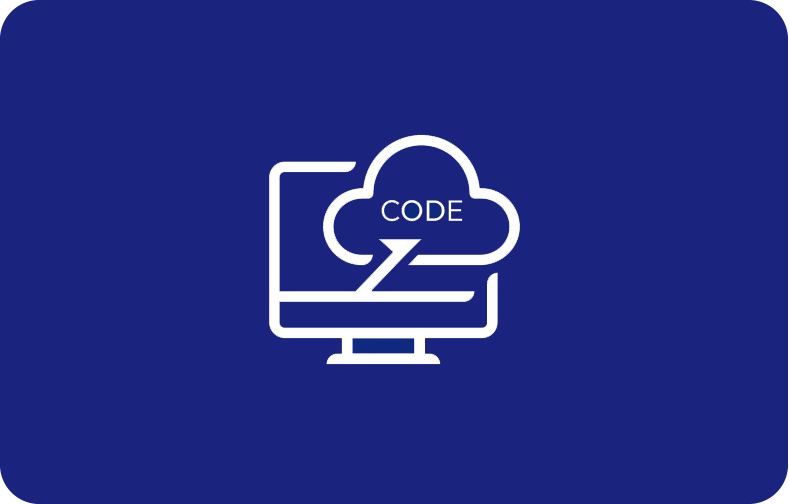Features of KVM

Full virtualization solution
KVM provides full virtualization, which means that each virtual machine is completely isolated from other VMs and the host system and has its virtual hardware, including CPU, memory, storage, and network interfaces.
Linux-Based Technology
KVM is a Linux-based virtualization technology that is integrated into the Linux kernel. This means that it can leverage the stability, security, and performance of the Linux operating system.
Hardware Virtualization Support
KVM uses hardware virtualization and hardware support from the CPU to provide efficient virtualization. Thus allowing VMs to run at near-native performance levels.
Live Migration
KVM supports live migration, allowing VMs to be moved from one host to another without downtime.
Snapshotting
KVM allows for snapshotting virtual machines, allowing administrators to create a point-in-time copy of a virtual machine. This can be useful for backup and recovery, testing and development, or creating sandbox environments.
Resource Allocation
KVM allows administrators to allocate CPU, memory, and disk space resources to servers. This allows for efficient use of hardware resources and ensures each VM has the resources it needs to operate effectively.


 We provide root access to your virtual machine, so you can modify it to meet your requirements. You can install any software, get new hardware, configure network settings, and modify the kernel.
We provide root access to your virtual machine, so you can modify it to meet your requirements. You can install any software, get new hardware, configure network settings, and modify the kernel. While KVM is a powerful virtualization technology, it still requires few resources to operate properly. We look at the needs and requirements of the business and ensure to come up with a minimum KVM configuration setup. In general, the below-mentioned resources are required for the easy operation of the KVM technology:
While KVM is a powerful virtualization technology, it still requires few resources to operate properly. We look at the needs and requirements of the business and ensure to come up with a minimum KVM configuration setup. In general, the below-mentioned resources are required for the easy operation of the KVM technology: Our KVM VPS hosting plans are designed to meet the requirements of businesses of all sizes. With the help of our KVM plans, you can scale the business up or down as needed. We also offer 24/7 customer support and a 99.99% uptime guarantee, so you can be confident that your hosting solution will always be up and running when needed.
Our KVM VPS hosting plans are designed to meet the requirements of businesses of all sizes. With the help of our KVM plans, you can scale the business up or down as needed. We also offer 24/7 customer support and a 99.99% uptime guarantee, so you can be confident that your hosting solution will always be up and running when needed. By having KVM VPS data centers located in different regions across the globe, data latency is reduced, and the performance of the website or application improves for the users. It is crucial for businesses with a global customer base or applications requiring real-time data processing to have data centers across different locations.
By having KVM VPS data centers located in different regions across the globe, data latency is reduced, and the performance of the website or application improves for the users. It is crucial for businesses with a global customer base or applications requiring real-time data processing to have data centers across different locations.

